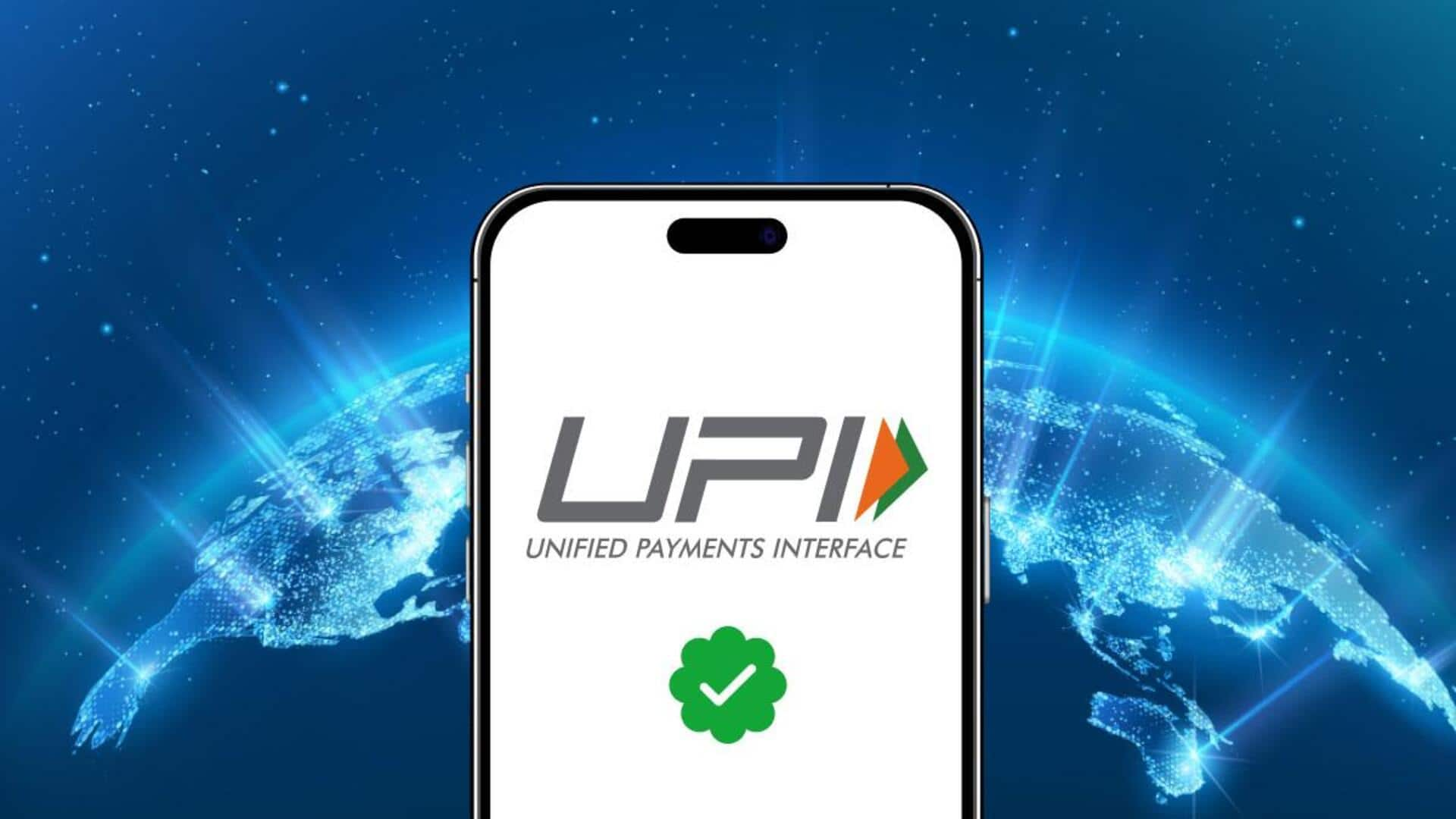
NPCI modifies UPI chargeback rules: What changes for you?
What's the story
The National Payments Corporation of India (NPCI) has simplified the Unified Payments Interface (UPI) chargeback rules. The new guidelines aim to make the process more efficient for banks and users alike. The changes will come into effect from July 15, 2025. So, what has changed for you? Let us have a look.
Process simplification
No more NPCI intervention for whitelisting disputes
Under the new rules, banks no longer need NPCI intervention to whitelist disputes. This change applies when UPI chargeback requests are declined due to a high number of such requests, but due diligence shows that the chargeback was genuine. In such cases, the banks can now manage the whitelisting of disputes internally without involving NPCI.
Chargeback adjustment
Introduction of new chargeback adjustment process
The NPCI has also introduced a new chargeback adjustment process called the Remitting Bank Raising Good Faith Negative Chargeback (RGNB). This can be initiated by issuing/remitting banks when Unified Reconciliation and Settlement System (URCS) declines a normal chargeback with reason codes CD1 and CD2. However, this option is only available through the front end and should not be used to avoid compensation or penalties. Any deviation will be treated as non-compliance with NPCI guidelines.
Past measures
Earlier measures against chargeback misuse
The new rules come after NPCI's December 2023 notification, which said some users were misusing the chargeback process. To counter this, NPCI had introduced caps on total chargebacks at 10 per customer in a rolling 30-day period and five chargebacks per payer-payee combination in a rolling 30-day period. The turnaround time for raising chargebacks on small and offline merchants was also reduced to 30 days.